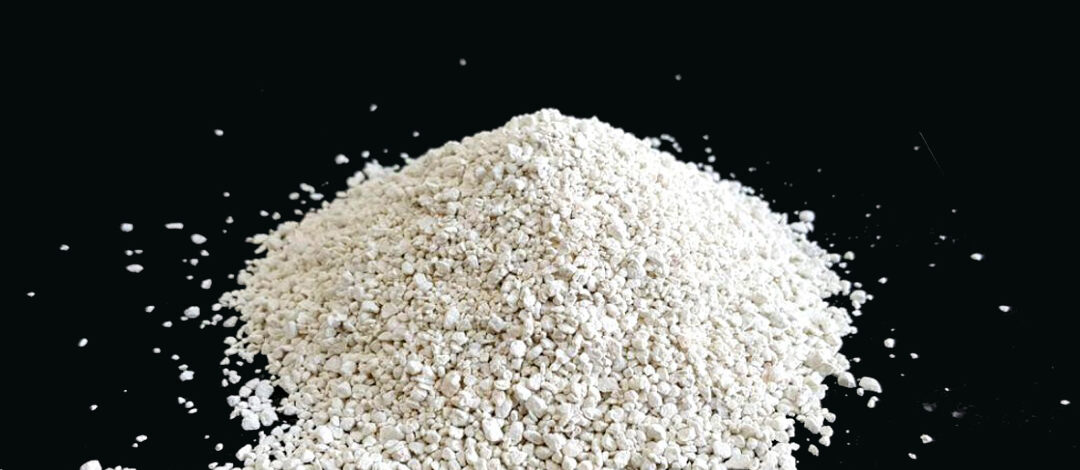Key Partners for High-Quality Clay
Bentonite is an essential component in ceramic manufacturing, offering enhanced plasticity, strength, and durability to clay products. For ceramic manufacturers, sourcing high-quality bentonite through reliable importers is critical to maintaining production standards. In this article, we explore the role of ceramic-making bentonite importers and what to look for when choosing the right one for your business.

Why Bentonite is Essential in Ceramic Making
Bentonite is a naturally occurring clay mineral, prized for its ability to improve the properties of ceramic materials. When mixed with raw clay, bentonite enhances its plasticity, making it easier to shape and mold into intricate designs. It also helps increase the strength of the final product, preventing cracking and improving durability during the firing process. Furthermore, bentonite aids in glaze formation, ensuring a smooth, even finish on ceramics.
Key Benefits of Bentonite in Ceramics:
- Increased Plasticity: Bentonite makes clay more malleable, allowing for better shaping and smooth finishes in ceramics.
- Improved Strength and Durability: It binds raw materials, reducing the risk of cracks and enhancing the final product’s longevity.
- Glaze Stability: Bentonite’s fine texture helps in creating smooth, glossy glazes that are essential for high-quality ceramics.
The Role of Ceramic Bentonite Importers
Bentonite importers are critical partners in ensuring that ceramic manufacturers have access to the best-quality raw materials. Importers bring bentonite from global sources to meet the specific needs of the ceramics industry. Whether you’re looking for large quantities of bentonite for mass production or specialized products for high-end ceramics, choosing the right importer is key to your success.
1. Sourcing High-Quality Bentonite
One of the most important roles of ceramic-making bentonite importers is sourcing high-quality bentonite that meets the specific needs of the ceramic manufacturing process. Importers work with suppliers worldwide to offer bentonite with the right particle size, plasticity, and other essential characteristics. Reliable importers ensure that the bentonite they supply is consistent, pure, and fit for ceramic production.
What to Look for:
- High-quality bentonite with suitable properties for ceramics.
- Consistent product quality across shipments.
- Transparent sourcing information and certifications.
2. Efficient Import and Distribution
Another crucial role of bentonite importers is ensuring timely and efficient delivery of bentonite to ceramic manufacturers. Importers handle the complexities of international shipping, customs, and logistics to ensure that the material arrives on time, without delays. For manufacturers, this reliability is essential to keep production lines running smoothly and avoid costly downtime.
What to Look for:
- Timely delivery and reliable supply chain management.
- Ability to handle large volumes or small, customized orders.
- Efficient logistics to minimize delays and shipping costs.
3. Competitive Pricing and Long-Term Partnerships
Competitive pricing is an important factor when choosing a bentonite importer. While price should never compromise quality, working with an importer who offers fair and transparent pricing can help reduce material costs in the long run. Additionally, building a long-term partnership with an importer can ensure ongoing access to the best bentonite products and consistent supply, especially for manufacturers with high-volume needs.
What to Look for:
- Transparent and competitive pricing.
- Long-term relationships and ongoing support.
- Bulk order discounts or loyalty programs.
Why Choose Ceramic Bentonite Importers for Your Business?
Partnering with a trusted bentonite importer allows ceramic manufacturers to maintain product quality and ensure a steady supply of essential raw materials. Importers bring bentonite from global sources, helping manufacturers access the right types of clay for their production needs. By selecting the right importer, businesses can optimize their production processes, reduce costs, and stay competitive in the market.

